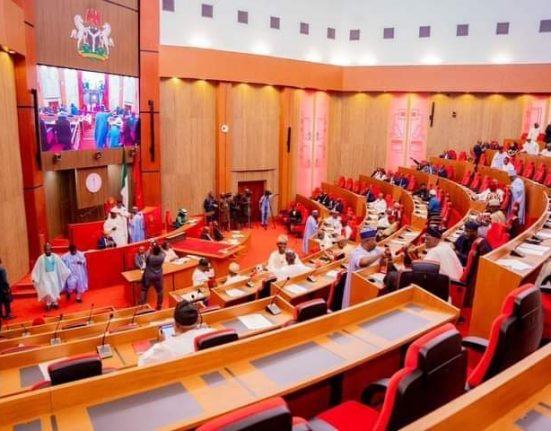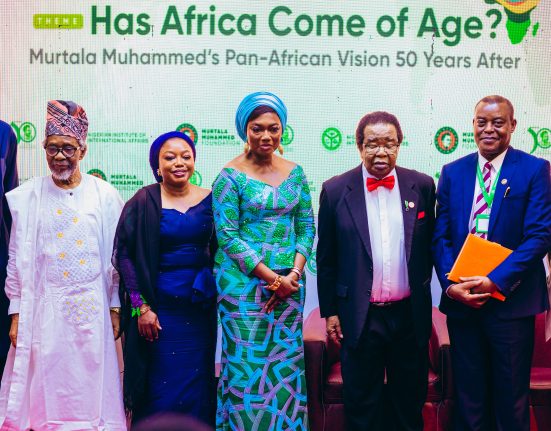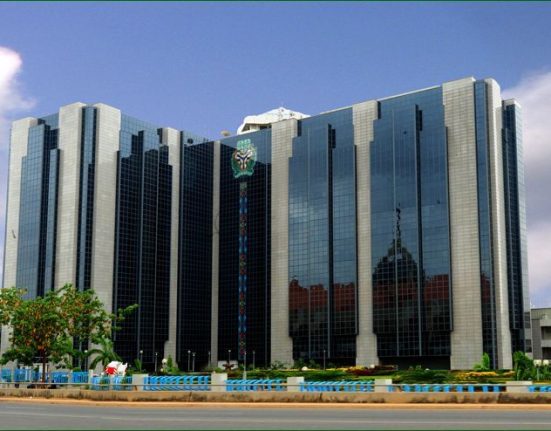Despite its vast size and strategic advantages, Nigeria has struggled to convert its demographic and resource strengths into lasting economic competitiveness. At the core of this challenge is a stagnant manufacturing sector, contributing less than 13% to GDP and operating at just 56% of its capacity. Over 767 manufacturing firms shut down or suspended operations in the first half of 2024 alone. Meanwhile, inflation continues to climb across key sectors, from food and construction materials to essential consumer goods.
These aren’t isolated signs of turbulence—they point to a deeper structural breakdown. But within this breakdown lies a powerful opportunity. Nigeria doesn’t just need to revive its manufacturing base; it must reimagine it as the foundation of national resilience, global relevance, and economic sovereignty. What is needed is not incremental reform, but a strategic overhaul of how manufacturing is governed, financed, and scaled. I have six important suggestions to help achieve this.
First, we must ensure manufacturing becomes a national strategic priority, similar to the extent of emphasis we place on energy security or fiscal stability. Today, more than 20 government agencies touch industrial policy, often with little coordination or shared accountability. A National Industrial Council, chaired by the Presidency and backed by law, should be established to define, coordinate, and enforce a national manufacturing strategy, with the following being a key portion of its mandate:
- Grow manufacturing’s share of GDP to 25% by 2035
- Triple the volume of value-added exports
- Raise average capacity utilisation to 75%
Moreover, this Council should be mandated to publish quarterly performance scorecards containing metrics that matter to investors and operators alike, such as factory launches, job creation, financing disbursements, and energy availability.
Secondly, Nigeria must unlock affordable long-term capital for manufacturers. As of mid-2024, lending rates for manufacturers ranged between 28% and 35%, making it nearly impossible for most producers to sustain operations. Last year alone, manufacturers paid over ₦2 trillion in interest expenses. It is clear that Nigeria urgently needs a Manufacturing Credit Facility, a dedicated fund anchored by the Central Bank and the Bank of Industry, to provide single-digit interest loans. Priority should go to strategic sub-sectors such as agro-processing, pharmaceuticals, industrial chemicals, and building materials; industries with both domestic importance and export potential.
Third, infrastructure and energy reliability must move from policy aspiration to operational guarantee. Manufacturers in Nigeria spent more than ₦1.11 trillion on diesel in 2024 alone, a 42% increase over the previous year. Without stable energy, there is no viable industry. The government must enable industrial zones to develop captive power plants, expand gas pipeline access, and offer energy subsidies for small-scale producers in strategic zones. In parallel, rail corridors such as the Lagos–Kano line and digital customs infrastructure should be prioritised to reduce shipping costs and clearance bottlenecks. Predictable logistics and reliable energy are preconditions for productivity and scale.
Fourth, the country must rethink how it uses its raw materials. Nigeria currently exports primary goods—cocoa, cassava, and petroleum—with little local value addition. The government should implement backward integration mandates, requiring firms to process a minimum share of raw materials domestically. This can be paired with fiscal incentives: tax holidays, duty waivers on machinery, and export credits for processed goods. These are not subsidies; they are strategic investments in national value retention.
Human capital is another limiting factor. The industrial skills pipeline is narrow, and technical training is often misaligned with market needs. The Industrial Training Fund (ITF) must be repurposed to fund real apprenticeships across manufacturing hubs, with employers co-designing curricula in areas like automation, quality control, industrial maintenance, and supply chain analytics. Public-private talent platforms should be created within industrial zones to ensure a consistent flow of work-ready technicians and supervisors.
Finally, Nigeria must leverage its balance sheet to stimulate demand for locally produced goods. Government procurement represents over 20% of national expenditures. A local content requirement—mandating that at least 60% of goods procured by ministries, departments, and agencies be manufactured in Nigeria—would generate significant near-term demand and build investor confidence. This is not protectionism but industrial patriotism. It anchors domestic producers in the national economy and signals that industrial capacity is a national asset.
There are already pockets of success. Nigerian cement producers now meet all domestic demand and are exporting across the region. Local pharmaceutical firms supply over 60% of drug consumption in West Africa. FMCG and rice milling clusters in Lagos and Kano have proven what’s possible with the right mix of capital, infrastructure, and policy clarity. What’s needed now is scale and a national framework to support it.
Nigeria must stop treating manufacturing as a sector to be protected and start activating it as a lever of power. That requires a shift in both mindset and mechanics. Manufacturing must no longer be treated as a vulnerable sector to be protected, but as a strategic lever to be activated. That means setting the right goals, financing them at the right price, executing with operational clarity, and measuring outcomes that matter. The stakes are high. A reindustrialised Nigeria could absorb millions of youth into productive employment, reduce import dependency, earn foreign exchange, and build a more resilient economic base. But it won’t happen organically. It requires statecraft, systems thinking, and staying power.
The path forward is neither abstract nor impossible. It begins with leadership that understands that Nigeria’s future power lies not just in what it exports, but in what it builds.
Adedeji Adewumi is a Nigerian public policy advisor and communications strategist focused on economic development, manufacturing, and innovation ecosystems. He advises government and private sector clients on industrial policy, institutional reform, and national competitiveness.








